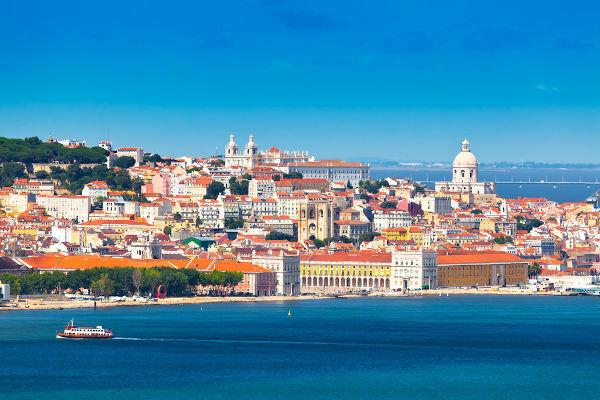Duarte da Costa was the second representative of the Portuguese Crown that politically controlled Brazil during the period of general governments. Arriving in colonial territory in July 1553, he came to replace governor Tomé de Souza who had asked King Dom João III to leave the post granted by the royal authority. In general terms, its administration had to face several problems that put the maintenance of Portuguese domains at risk.
On his arrival in Brazil, Duarte da Costa was accompanied by a group of Jesuit priests, including José de Anchieta. The role of these two clerics was of great importance in the formation process of the first urban centers and educational institutions in the colony. At the same time, the catechizing mission of these two historical figures also provided an intense contact with the indigenous populations.
In the year 1555, Duarte da Costa faced serious problems with the attempt by the French to consolidate a colony in the region of Rio de Janeiro. The conflict that developed after the arrival of the French was extremely difficult, as the invaders had the military support of the Indians who were fighting against the presence of the Portuguese. In fact, the stance reflected Duarte da Costa's unfriendly policy, which allowed the use of indigenous labor.
The less friendly attitude towards the native populations was intended to solve the problems faced with the lack of African slaves to be employed in the sugarcane plantations. Among other actions, this general government organized troops to fight the indigenous tribes of the Recôncavo Baiano, who refused to cede territory to the Portuguese colonizers. Consequently, the government had major problems with the clerics who conducted religious activities in Brazilian territory.
In one of these episodes, Álvaro da Costa, son of the governor general, was harshly criticized by Bishop Pero Fernandes Sardinha. The dispute between the two authorities drew the attention of the Portuguese Crown, which demanded that the cleric account for the accusations in which he denounced Álvaro da Costa's authoritarianism. On his way back to Portugal, Bishop Sardinha was shipwrecked in the region of Alagoas and ended up being killed and devoured by a group of Caetés Indians.
The various problems that marked Duarte da Costa's administration ended up putting an end to his government. Thus, Duarte da Costa was replaced by Governor Mem de Sá in 1558.
Do not stop now... There's more after the advertising ;)
By Rainer Sousa
Master in History
See more!:
Government of Tome de Souza
Government of Mem de Sa
Would you like to reference this text in a school or academic work? Look:
SOUSA, Rainer Gonçalves. "Duarte da Costa"; Brazil School. Available in: https://brasilescola.uol.com.br/historiab/duarte-da-costa.htm. Accessed on June 27, 2021.


